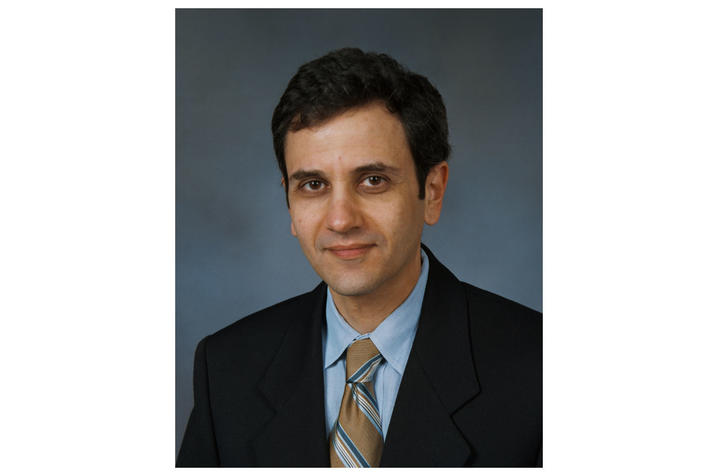What You Need to Know About Screening for Lung Cancer
The leading cause of cancer death in both men and women the United States is lung cancer. Unfortunately, Kentucky is home the highest incidence and death rate from lung cancer in the country.
The American Cancer Society estimates that more than 4,900 Kentuckians will be diagnosed with a lung and bronchus cancer in 2019, with more than 3,200 succumbing to the disease. The survival rate of people still alive five years after being diagnosed with lung cancer in Kentucky is lower than the national average.
Prevention: The best way to reduce the burden of lung cancer in our state is through prevention – while there’s no guaranteed way to completely prevent lung cancer, you can reduce your risk significantly by avoiding or quitting smoking. A recent poll by the Foundation for a Healthy Kentucky showed that nearly one in four Kentucky adults smoke, which outpaces the national smoking rate by 35%.
Other ways to help prevent cancer include avoiding secondhand smoke, testing your home for radon, eating a healthy diet that includes fruits and vegetables and exercising regularly.
Screening for Lung Cancer: Screening can detect cancer at an early and more treatable stage. The only current recommended screening test for lung cancer is a low-dose computed tomography (also called a low-dose CT scan, or LDCT). In this test, an X-ray machine scans the body using low doses of radiation to make detailed pictures of the lungs.
Lung cancer screening is recommended for adults who have no symptoms but who are at high risk for developing lung cancer because of their smoking history and age. To be eligible for CT screening, patients must be between ages of 55 and 80, and be current or former smokers (who have quit within the past 15 years) with at least a 30 pack year smoking history. A pack year is smoking an average of one pack of cigarettes per day for one year. For example, a person could have a 30 pack-year history by smoking one pack a day for 30 years or two packs a day for 15 years.
CT Screening Risks: There are some risks when it comes to CT screening for lung cancer, including false-negative test results, false-positive test results and exposure to radiation. Talk to your primary care doctor about your risk for lung cancer and whether CT screening is right for you. For more information on the UK Lung Cancer Screening Program, call (859) 218-2881.

Bensadoun_EricS.jpg 1.jpg